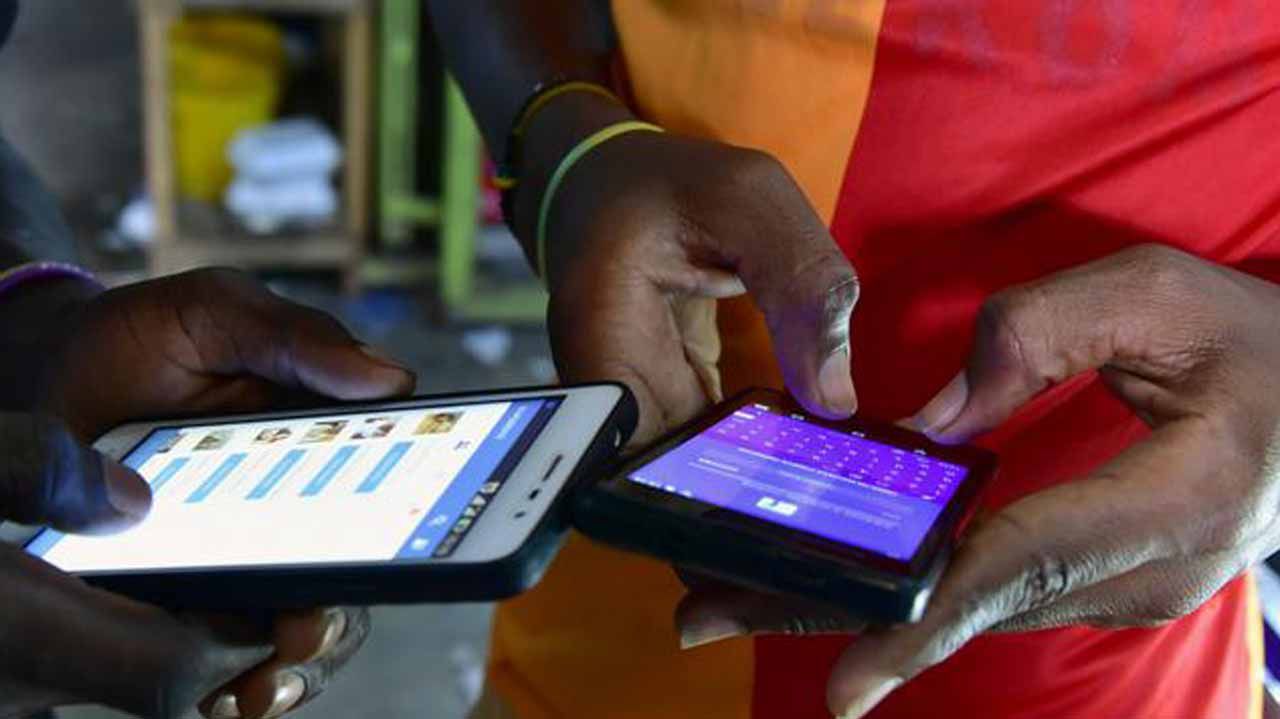By Damilare Famuyiwa,Ddamilare Famuyiwa
Copyright pulse

Cheap data plans, apps, and services, and flexible payment options make phones feel like essential tools for work and social life. At the same time, inflation and low bank interest undermine the incentive to keep cash in savings accounts.
For households juggling school fees, rent, and food, the phone serves as a workplace, a bank, and a status symbol, so spending on devices often takes precedence over saving money.
Below are the main reasons Nigerians are choosing phones over savings and what that means for household finances today
1. Work and income generation
Many people use phones to run side hustles and small businesses. Social selling, freelance gigs, delivery coordination, and content creation all happen on mobile devices, so buying a better phone can be an investment in earnings rather than a luxury.
2. Mobile finance and access to credit
Mobile wallets and fintech apps make payments, savings, and loans easier to manage from a phone. Some platforms also offer instant small loans and device financing, which encourages people to prioritise buying a phone that gives them access to these services.
3. Social pressure and professional image
A newer phone signals competence and status in social and professional spaces. For many young Nigerians, keeping up with peers on social media or presenting a professional profile for online work means upgrading devices sooner than they might otherwise.
4. Flexible payment options for devices
Installment plans, buy now pay later schemes, and trade-in offers reduce the upfront cost of phones. These payment methods make phone ownership immediate, while saving requires discipline and time, which many households find harder to commit to.
5. Low returns on formal savings
With inflation high and interest rates on savings low, many people feel that cash in the bank loses value. A phone that enables income or access to cheaper opportunities can seem like a better store of value than a savings account.
6. Education and access to services
Students and professionals rely on phones for course materials, registration for remote classes, and job applications. Missing out on these functions can mean lost opportunities, which pushes families to prioritise device spending.
7. Entertainment and social well-being
Streaming social apps and messaging are central to daily life and mental health for many people. Regular spending on data and occasional device upgrades are seen as necessary costs for staying connected and entertained.
Think of a phone as an essential budget line, but set aside a separate savings plan so connectivity does not replace financial resilience.



